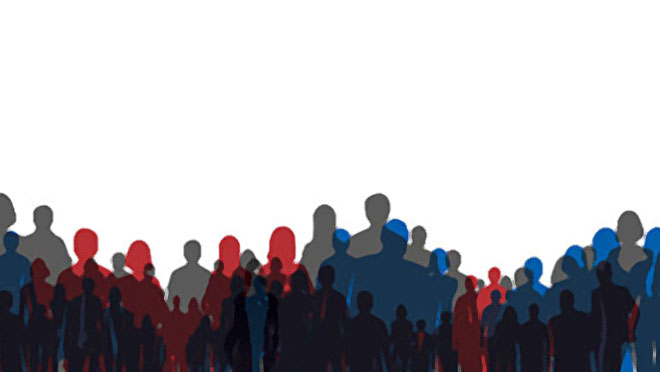What to know
Social media tools provide a newly emerging mechanism for engaging a large and diverse group of participants, including individuals or groups that might otherwise be hard to reach or to bring together, such as individuals with a rare disease.

Section Overview
Social media tools, such as Facebook and Twitter, can be used to track, support, create, and mobilize social networks. In recent years, social media platforms have evolved to allow for interactive communication. This means there are opportunities for health messaging that have yet to be used. In addition, these platforms provide new spaces to raise issues, facilitate the exchange of ideas, and engage a larger community.
The Potential of Social Media
- Engages a large and diverse group of participants, including individuals that are hard to reach, such as those who have a rare disease
- Provides a flexible platform and equal opportunity
- Facilitates reframing of questions as discussions evolve
- Generates a discussion archive, useful for revisiting opinions, information, and collective history
- Serves as a barometer for evaluating community engagement capacity and success
- Engages a broader group of participants compared to traditional means
- Provides a forum for interaction and discussion about draft and final position statements
- Facilitates ongoing communication, social exchange, and coordination of activities
- Builds trust by providing venues with transparency and openness
- Provides access to agendas, handouts, questions (and responses)
Tip from the Literature
References
Bacon J. The art of community: building the new age of participation (theory in practice). Sebastopol (CA): O'Reilly Media; 2009.
Connor A. 18 rules of community engagement: a guide for building relationships and connecting with customers online. Silicon Valley (CA): Happy About; 2009.
Fine A. Igniting social change and the connected age. San Francisco: Jossey-Bass; 2006.

